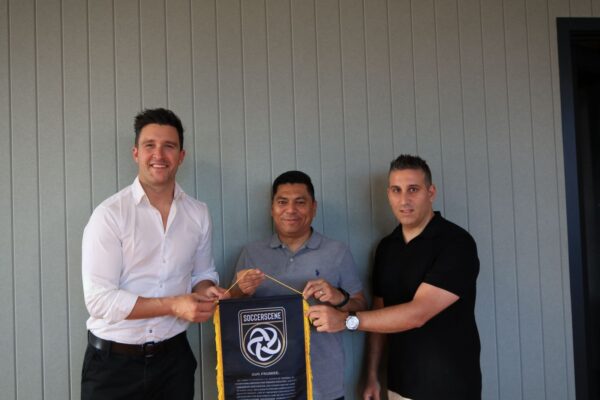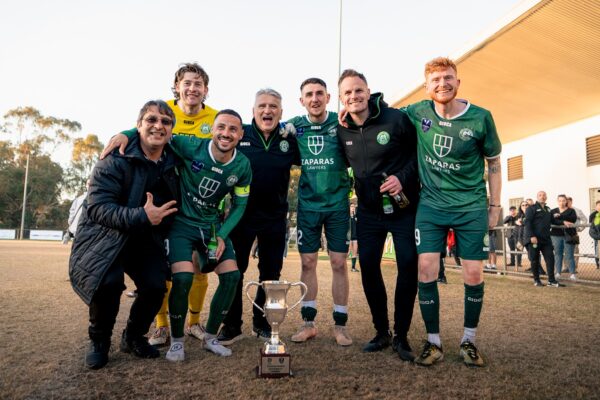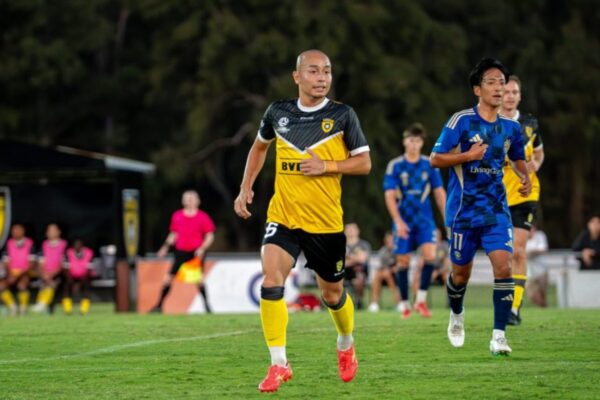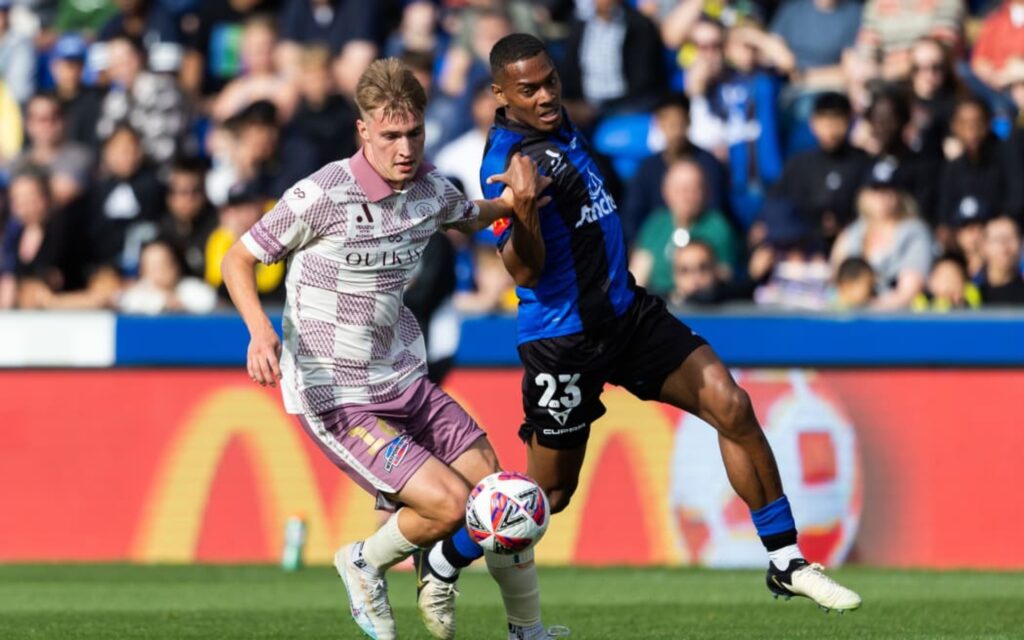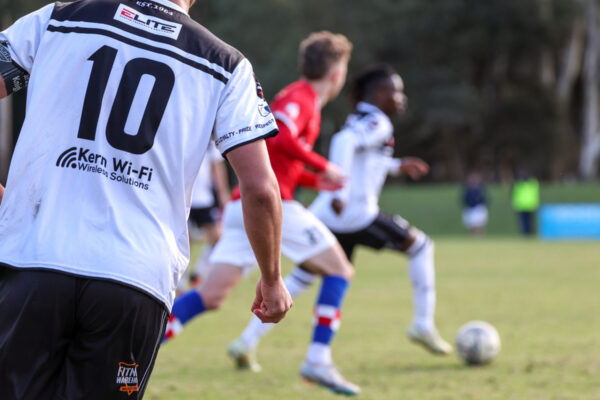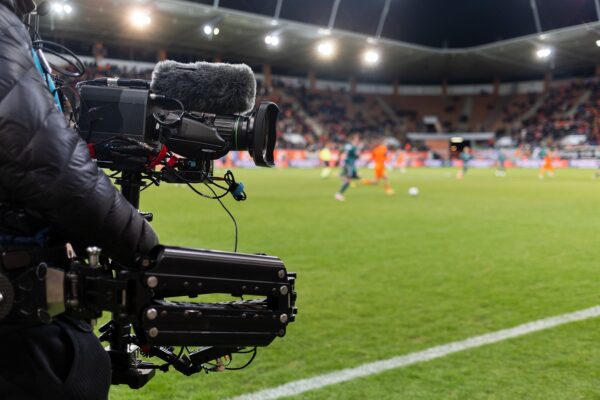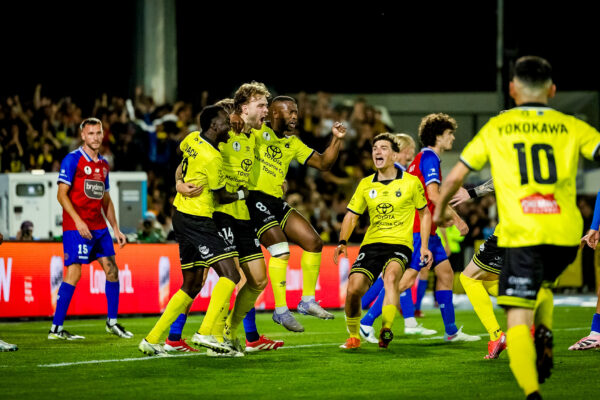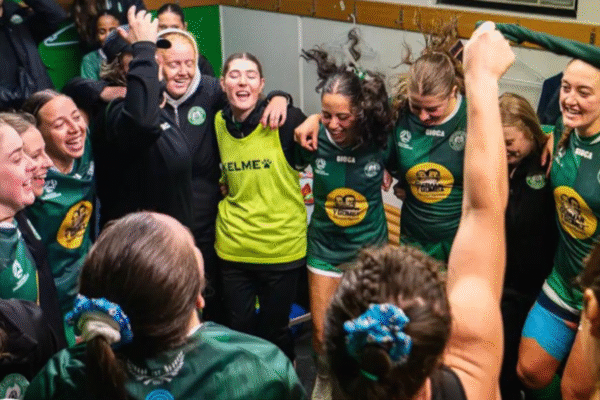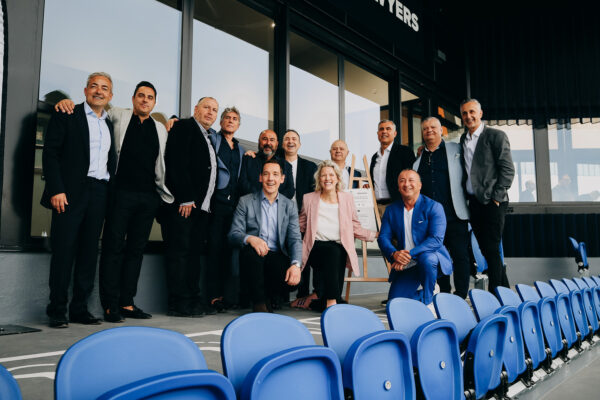
In an administrative career spanning near a quarter of a century, CEO of Football Victoria Peter Filopoulos has forged a reputation as not only an effective but also one of the most respected figures on Australia’s sporting landscape.
Recently, and with the A-League’s newly granted independence, his name has been prominent in discussions around the people required to use the new financial freedoms gained to advance and transform the competition into what we have always hoped it would become.
Whilst other candidates will also have fair and valid claims on such a role, Filopoulos’ achievements in business and commercial and marketing strategy within the game of football make him a highly desirable candidate.
The short term future looms as a vital period of potential growth of the national league; a league so oft maligned yet one fundamental to the overall image of the beautiful game in Australia. Having the right people in place is the first and most important step in ensuring that prudent and visionary moves are made and not the reactionary and conservative decisions of the past made by Football Federation Australia.
Filopoulos has experience across a range of sports and thus, a keen understanding of the unique and saturated Australian sporting market. Experience in aquatics and stadium management add a depth to his arsenal of talents, yet it his 8 years of experience in AFL administration that came clearly into focus this week.
Long before the significant role he played in rescuing Perth Glory; as he guided the club through its horrid salary cap problems stemming from 2014/15, Filopoulos had spent eight years in AFL club land. Both Hawthorn and North Melbourne enjoyed the fruits of his labour.
Last Saturday, the Richmond Tigers defeated the Greater Western Sydney Giants to claim the 2019 Premiership and Tigers fans celebrated their second title in three years with some passionate demonstrations of both pride and ecstasy in the streets of Melbourne.
The images were compelling, widely spread on social media and brought no qualm or concern. Until, that is, Peter Filopoulos stated publicly and categorically what a number of football fans were thinking.
He tweeted;
“Clearly a different perspective by media on AFL fans celebrating with flares and fireworks in public streets to soccer fans doing similar in the past. One’s a ’party getting started’ & the other is ’soccer fans rioting’. The headlines are starkly different. #FairGoForFootball”.
The message was succinct and quite simple. Had Melbourne Victory or Western Sydney Wanderers fans been captured celebrating in the same manner and the captions featured underneath the images been substituted with the usually obtuse and ill-informed nonsense spun by main stream media, a hullabaloo would have no doubt broken out.
Using the images captured on Saturday night and adding a headline or caption such as the one the Nine Network expressed through their Sydney based anchor Peter Overton in 2018, would have changed the contextual impression of the scene and fuelled an inaccurate stereotype.
After a few Wanderers fans had become somewhat over-zealous at a Sydney Derby, Overton labelled the events as a “a night of soccer violence’. It is not surprising in the slightest that such a label was not given to the events of Saturday, despite numerous reports of fans assaulting Victorian police and what appeared to be rampant disorder after the game.
Filopoulos said what needed to be said. Taking things one step further and writing formally to media organisations, the Victorian Government, AFL House and the FFA, should be his next move.
Many have lauded his comments and rightly so. Possessing a clear, long term vision for football in Australia, Filopoulos realises that the public relations slap in the face the media continues to serve up to football, holds back that vision and the game.



